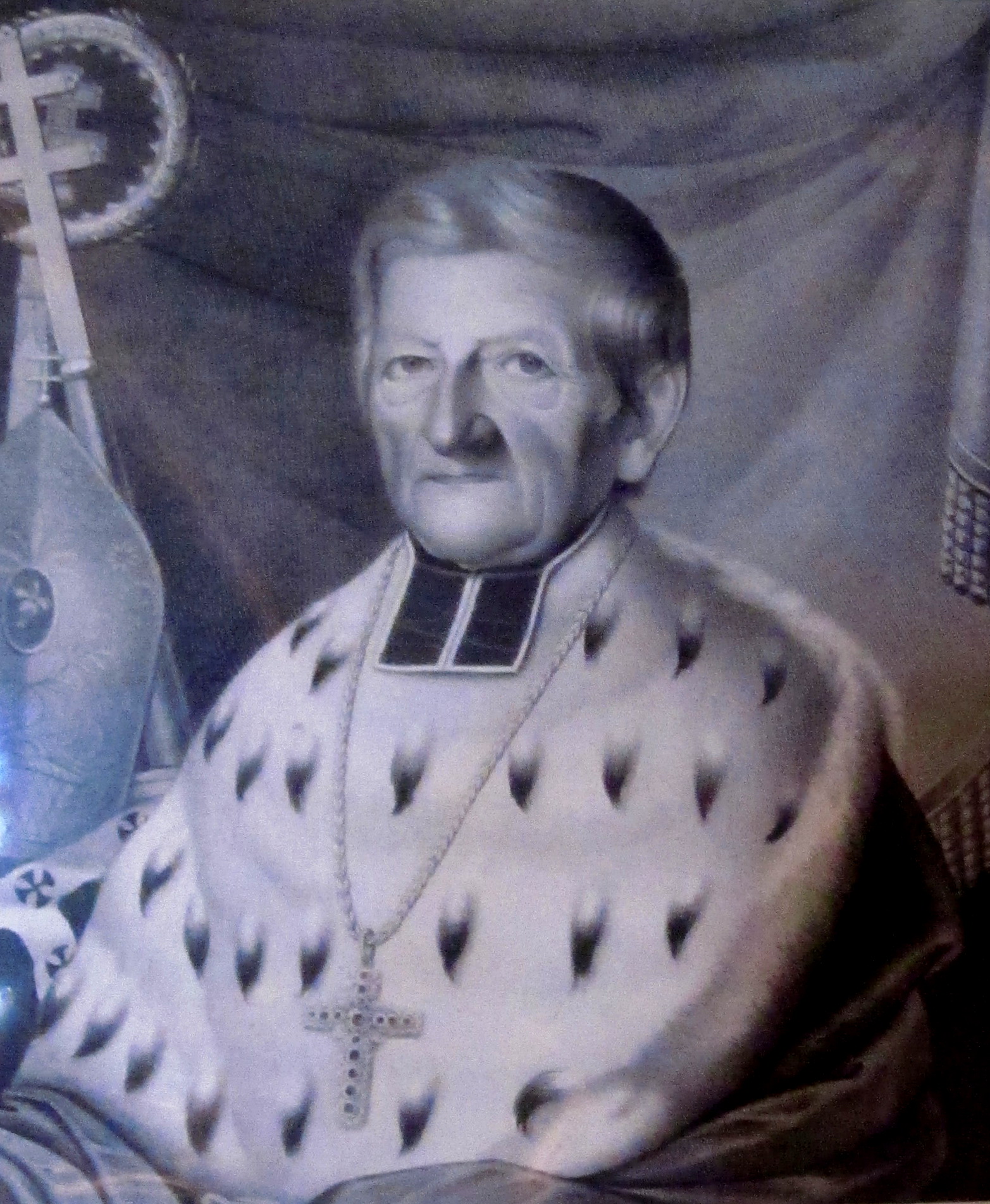Hermann Von Vicari on:
[Wikipedia]
[Google]
[Amazon]
 Hermann von Vicari (13 May 1773 at
Hermann von Vicari (13 May 1773 at
Aulendorf
Aulendorf () is a town in the district of Ravensburg, in Baden-Württemberg, Germany. It is situated southwest of Biberach an der Riß, and north of Ravensburg.
Aulendorf exists of the town itself along with the incorporated villages Tannha ...
in Württemberg
Württemberg ( ; ) is a historical German territory roughly corresponding to the cultural and linguistic region of Swabia. The main town of the region is Stuttgart.
Together with Baden and Province of Hohenzollern, Hohenzollern, two other histo ...
– 14 April 1868 at Freiburg
Freiburg im Breisgau or simply Freiburg is the List of cities in Baden-Württemberg by population, fourth-largest city of the German state of Baden-Württemberg after Stuttgart, Mannheim and Karlsruhe. Its built-up area has a population of abou ...
) was a German Catholic churchman, who became Archbishop of Freiburg, in Baden.
Life
In 1789, he receivedtonsure
Tonsure () is the practice of cutting or shaving some or all of the hair on the scalp as a sign of religious devotion or humility. The term originates from the Latin word ' (meaning "clipping" or "shearing") and referred to a specific practice in ...
at Constance
Constance may refer to:
Places
* Constance, Kentucky, United States, an unincorporated community
* Constance, Minnesota, United States, an unincorporated community
* Mount Constance, Washington State, United States
* Lake Constance (disambiguat ...
and obtained a canonry
Canon () is a Christian title usually used to refer to a member of certain bodies in subject to an canon law, ecclesiastical rule.
Originally, a canon was a cleric living with others in a clergy house or, later, in one of the houses within the p ...
, studied law until 1795 at Vienna
Vienna ( ; ; ) is the capital city, capital, List of largest cities in Austria, most populous city, and one of Federal states of Austria, nine federal states of Austria. It is Austria's primate city, with just over two million inhabitants. ...
, and after a brief practice began the study of theology. In 1797 he was ordained priest, and made ecclesiastical councillor and official of the episcopal curia at Constance. After the suppression of the diocese (1802) the Archbishop of Freiburg appointed him cathedral canon, in 1827 vicar-general
A vicar general (previously, archdeacon) is the principal deputy of the bishop or archbishop of a diocese or an archdiocese for the exercise of administrative authority and possesses the title of local ordinary. As vicar of the bishop, the vicar ...
, and in 1830 cathedral dean.
In 1822 he was appointed Auxiliary Bishop of Macra, in 1836 and 1842 diocesan administrator, and in 1842 archbishop. As archbishop, Vicari endeavoured to release the Church of Baden from the bonds of Josephinism
Josephinism is a name given collectively to the domestic policies of Joseph II, Holy Roman Emperor (1765–1790). During the ten years in which Joseph was the sole ruler of the Habsburg monarchy (1780–1790), he attempted to legislate a series o ...
and the principles of Wessenberg, and to defend its rights against the civil government. To overcome prevalent religious indifference he emphasized the rights of bishops in training and appointing the clergy, and enforced discipline as regards mixed marriages. In a violent dispute with the Government over his prohibition of a Requiem Mass
A Requiem (Latin: ''rest'') or Requiem Mass, also known as Mass for the dead () or Mass of the dead (), is a Mass of the Catholic Church offered for the repose of the souls of the deceased, using a particular form of the Roman Missal. It is u ...
for deceased Protestant rulers he was victorious, as also in later contests about the schools.
He was energetic in his support of the secular authority, and in the revolutionary years of 1848-1849, he exhorted the Catholics to remain loyal.
Though placed under police supervision and held prisoner in his palace, he brought about the reorganization of Catholic life in Baden. He founded a seminary for boys out of his private means, established a theological house of studies, and appointed men of religious conviction as professors at the ecclesiastical seminary. In numerous pastoral letters and exercises, he animated the priests for their high calling, exhorted them to the fulfilment of their duties, and punished disobedience.
References
Sources
*Kubel, ''Hermann von Vicari'' (Freiburg, 1869); *Hansjacob, ''Hermann von Vicari'' (Würzburg, 1873). {{DEFAULTSORT:Vicari, Hermann von 1773 births 1868 deaths People from Aulendorf Archbishops of Freiburg Pope Pius IX 18th-century German Roman Catholic priests Roman Catholic archbishops in the Grand Duchy of Baden